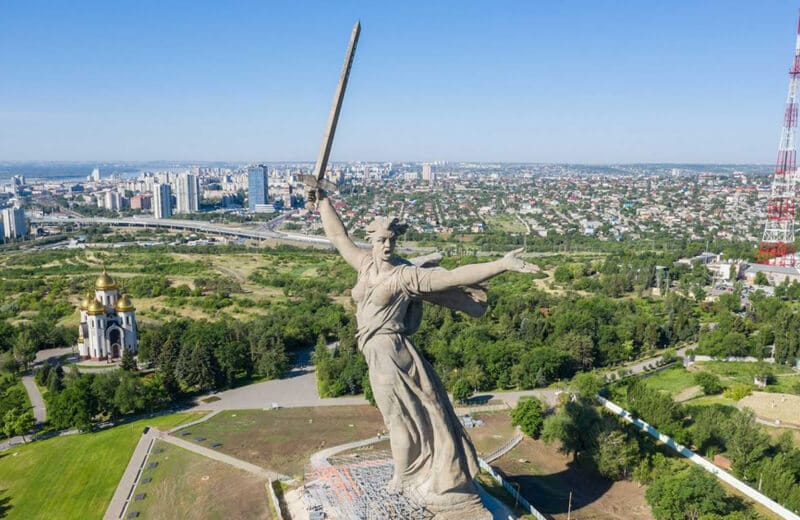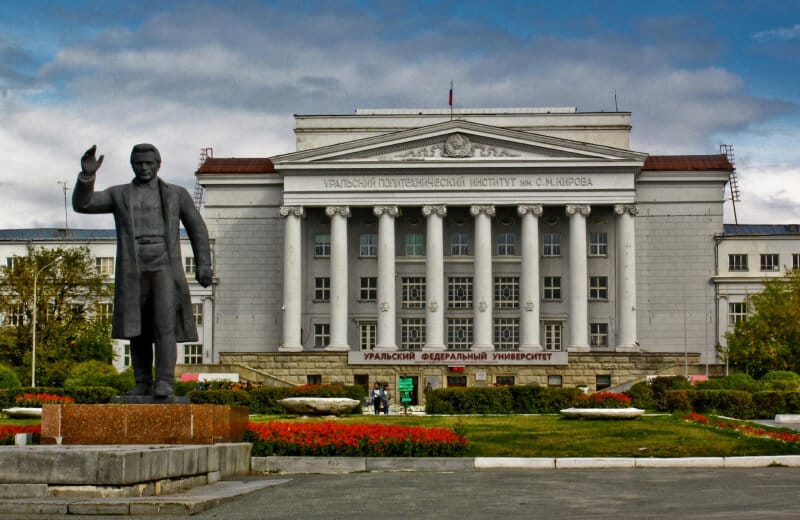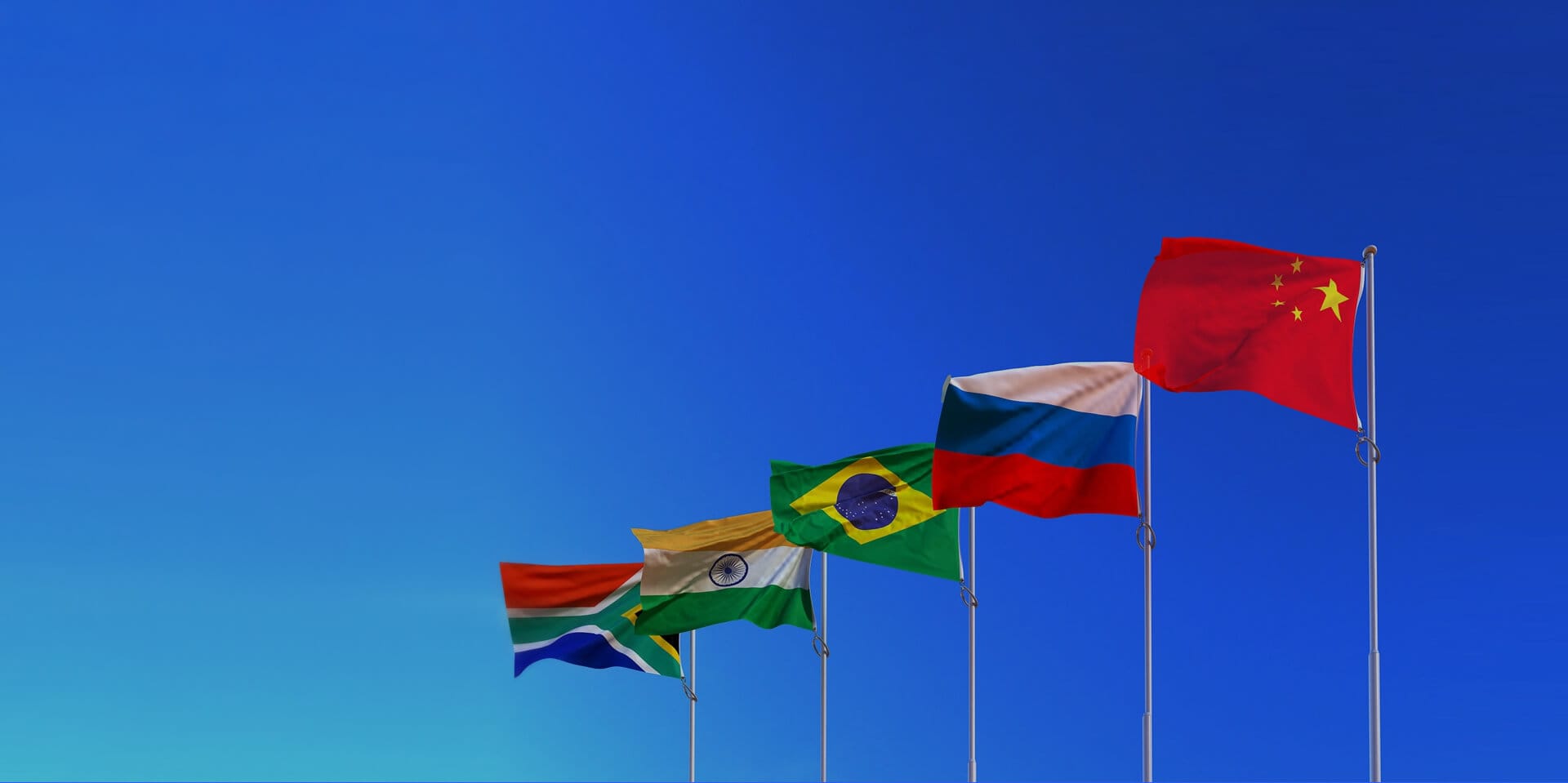
International cooperation
In terms of the number of foreign students, Russia ranks sixth in the world - after the USA, Great Britain, Canada, France and Australia: such data are provided by an international study. Young people from all over the world are attracted to Russia by the quality of education at universities, a wide choice of areas of study, as well as accessibility - studying and living in Russia is cheaper than in the USA and Europe.
Education of foreigners in the Soviet Union
The education system for foreign students began to take shape in the USSR back in the 1920-30s of the 20th century. At that time, even special educational institutions were opened in Moscow for students from a specific country - for example, the University of Chinese Workers, where the future leader of the People's Republic of China Deng Xiaoping studied.
In the early 1950s, mass admission of foreigners to educational institutions in Moscow and Leningrad (now St. Petersburg) began. In 1960, the Russian Peoples' Friendship University named after Patrice Lumumba was opened in Moscow, where students from the countries of the Middle East, Africa, and Latin America studied. Universities in other cities of the Soviet Union began to accept foreigners. By 1990, the number of foreign students reached 126 thousand - at that time there were more of them only in the USA and France.
Most foreigners studied engineering and technical specialties in the USSR, as well as areas in the natural and human sciences, medicine, agriculture, and economics. Among the graduates of this period are heads of state, ministers, diplomats, scientists, engineers, astronauts, doctors, and military personnel.
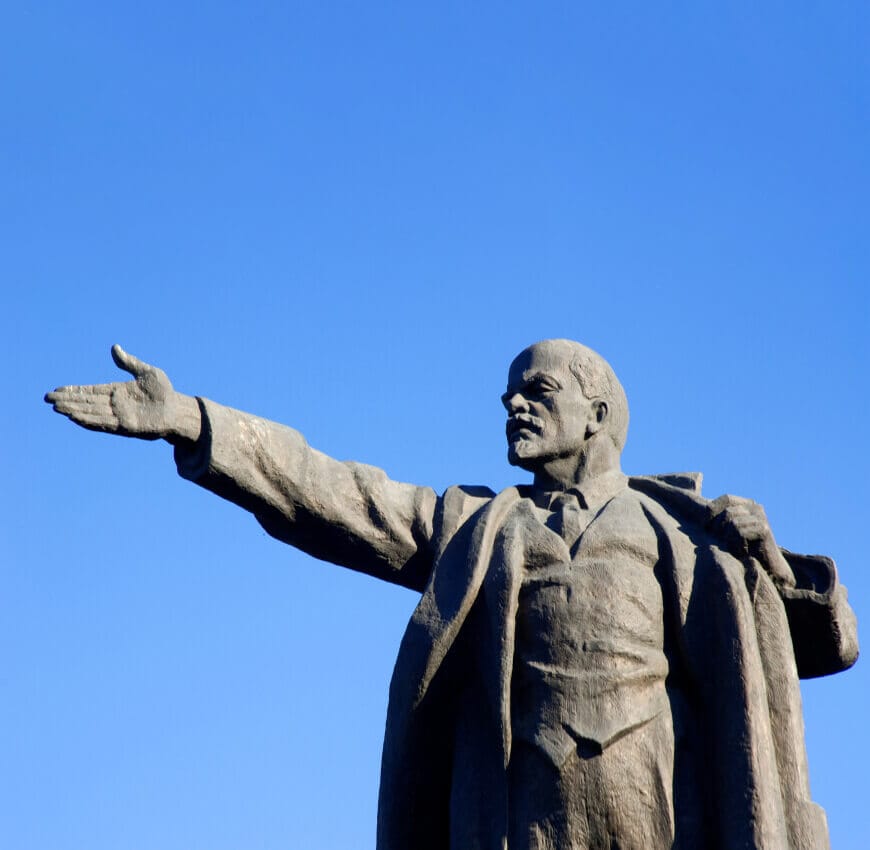
Expanding international cooperation
In the early 90s, due to political and economic difficulties, foreigners came to study in Russia less often, but since 1996 the number of international students has been growing again. Russian universities began to actively expand international connections in science and education: hold conferences, participate in global research, publish articles in authoritative publications, as well as open double degree programs, organize academic exchanges, offer courses in English and intensive training in Russian for foreigners.

By 2012, about 250 thousand citizens of 150 countries studied in 750 educational institutions of the Russian Federation. The Russian government has increased the quota for admitting foreign students to study at the expense of the state budget from 10 to 15 thousand people per year - you can take advantage of this opportunity now by contacting the Rossotrudnichestvo representative office in your country.
How many foreign students are there in Russia
Currently, between 310 and 350 thousand young people from other countries are studying in Russia. Education in Russia is becoming increasingly popular - over the past five years the number of foreign students has grown by 26%.
Nine out of ten universities in Russia accept students from abroad - not only in large cities, but also in regional centers in different parts of the country. The most international ones include Tomsk State University and Novosibirsk State University; many foreigners come to study at the Ural Federal University in Yekaterinburg, Kazan Federal University, and Belgorod National Research University. In some universities, the share of foreign students reaches 20% - as at Tomsk Polytechnic University.
From which countries do people come to study in Russia
Students from 174 countries study in Russia today. Most of them come from Asian countries. The top five in terms of student population include Uzbekistan, Kazakhstan, China, Turkmenistan and Tajikistan. Next come India, Egypt, Belarus, Ukraine, Kyrgyzstan. In terms of the number of requests for studying in Russia under the government quota, the top countries include the CIS countries, as well as Afghanistan, Angola, Egypt, Colombia, Lebanon, Nigeria, and Syria.


The number of students from Africa is increasing - Morocco, Algeria, Tunisia, Nigeria, Zimbabwe, Cameroon, Congo, Angola, Cote d'Ivoire and other countries. Over the past year alone, the number of African students at Russian universities has increased by 4,000. It is expected that 50,000 representatives of the continent will study in Russia in the near future.
In 2023, quotas for free education for students from Latin America have been increased - citizens of Bolivia, Venezuela, Paraguay, Peru, Colombia, Uruguay, Cuba, Argentina, Brazil and other countries in the region are receiving education at Russian universities.
For the 2022-2023 academic year, more than 2,000 applications from 33 European countries were submitted to study in Russia. Most of them come from the Baltic states, as well as Turkey, Bulgaria, Hungary, Romania, Slovakia, France, and Serbia. Interest in Russian education is growing in Germany and Austria.
What areas of study in Russia do foreigners choose
The most popular field of study in Russia among foreigners is medicine. The most popular ones also include economics and management, teacher education, information systems and technology, power engineering and electrical engineering, linguistics, construction, and political sciences.
Among the technical areas in which foreigners study in Russia, the leaders are oil and gas engineering, mechanical engineering, nuclear energy, space and aviation technologies, shipbuilding, microelectronics, chemical technologies, as well as physics and mathematics.
In addition to medicine, economics and technology, people come to Russia to study art. In areas where art historians, vocalists, artists, and sculptors are trained, the share of foreigners often exceeds 20% of all students. Foreign students enroll in Russia's most prestigious creative universities, such as the Gnessin Russian Academy of Music and the St. Petersburg Repin Institute of Painting, Sculpture and Architecture, but also choose educational institutions in the regions, such as the Rostov State Rachmaninov Conservatory.

Partners of Russian universities abroad
Russian universities are developing cooperation with foreign partners in a variety of areas. Most of them today have an extensive network of partner universities, with which they implement educational and scientific projects.
For example, Moscow State University has concluded more than 800 cooperation agreements with governmental and international organizations, foreign universities and research centers. Far Eastern Federal University cooperates with 163 foreign partners, which is enshrined in more than 230 agreements. The network of partners of the Don State Technical University includes 37 countries with which more than 180 joint projects are being implemented.
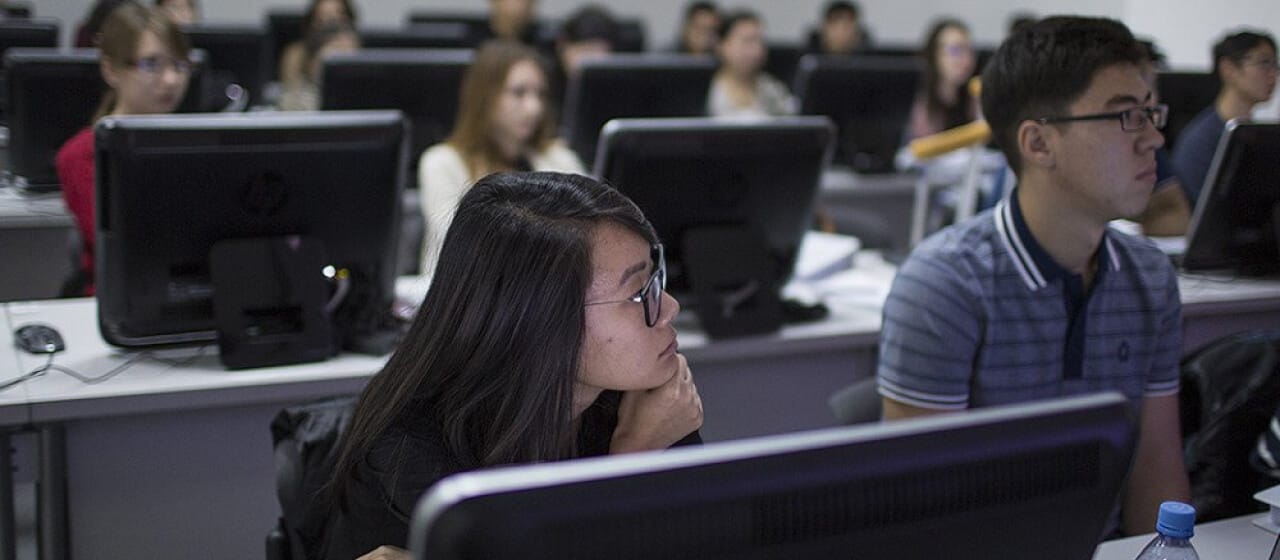
To develop connections between Russian universities and African universities, the Russian-African Network University was created in 2021. In 2022, a memorandum of understanding in the field of science and higher education was signed between the Ministry of Science and Higher Education of Russia and the countries of the Organization of Islamic Cooperation. About 700 universities of both countries participate in the work of 12 specialized Russian-Chinese university associations.
Thus, international cooperation is developing both at the state level and between specific regions, universities and specialists. You too can become part of this large community by choosing to study in Russia.
You might be interested
Apply for admission

It's easy to enroll in university!
- 1 Select a profession, university, program
- 2 Find out about scholarships and funding options
- 3 Collect the necessary documents for admission
- 4 Pass entrance tests and competitive selection
- 5 Receive an invitation and apply for a study visa










